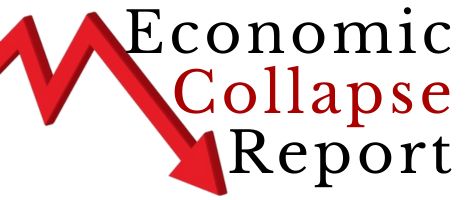As Democrats and Republicans both express support for tariffs, the economic implications of protectionist policies are once again at the forefront of public debate. Both parties differ on the size of their proposed tariffs, but the New York Times reports that “both Democrats and Republicans are expressing support for tariffs to protect American industry, reversing decades of trade thinking in Washington.” Proposals to impose tariffs on imports from China seem to be particularly attractive to both red and blue voters:
The tariffs have proved popular with industries that have faced stiff competition from Chinese firms, like makers of kitchen cabinets…the industry realized that Chinese companies had taken over about 40 percent of the market and that their share was continuing to grow.
In “Protectionism and the Destruction of Prosperity,” Rothbard explains why tariffs and protectionism are incompatible with economic prosperity:
As we unravel the tangled web of protectionist argument, we should keep our eye on two essential points: (1) protectionism means force in restraint of trade; and (2) the key is what happens to the consumer. Invariably, we will find that the protectionists are out to cripple, exploit and impose severe losses not only on foreign consumers but especially on Americans.
Rothbard’s point is that free trade is essential to the prosperity of ordinary consumers. Protectionism ultimately hurts domestic consumers when import tariffs cause prices of domestic goods to rise: “And since each and every one of us is a consumer, this means that protectionism is out to mulct all of us for the benefit of a specially privileged, subsidized few.” Moreover, tariffs do not create “fair” trade any more than price controls create “fair” prices. As Rothbard warns, […]
— Read More: mises.org


